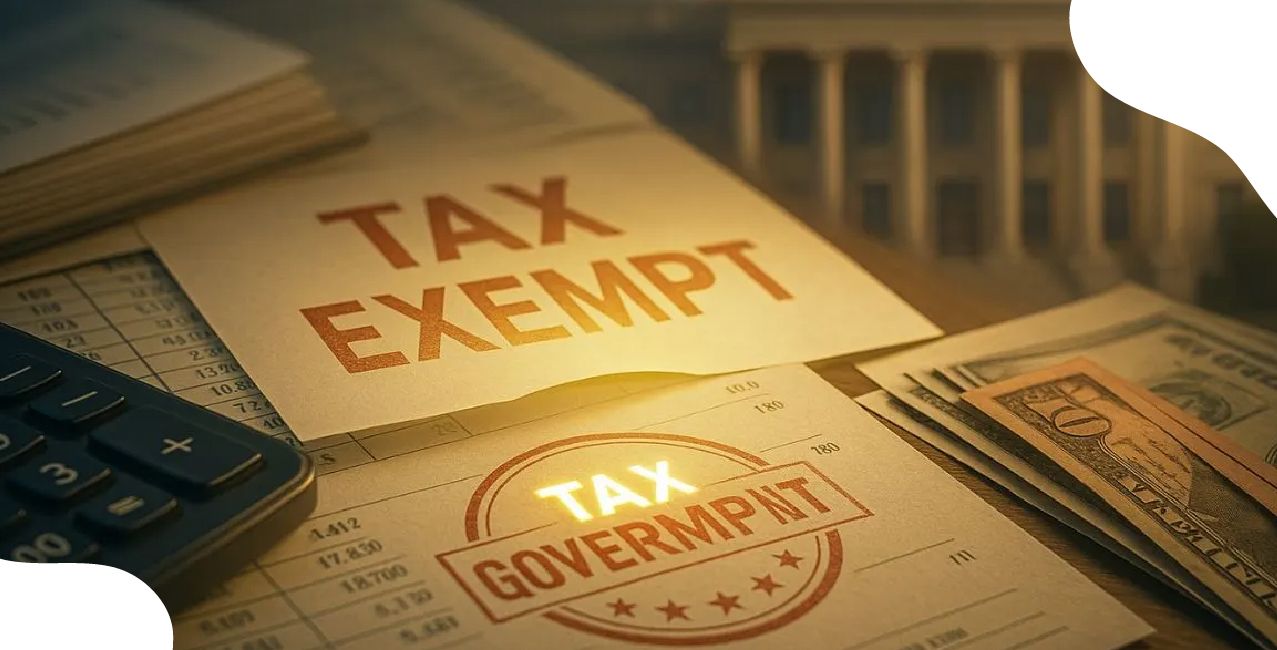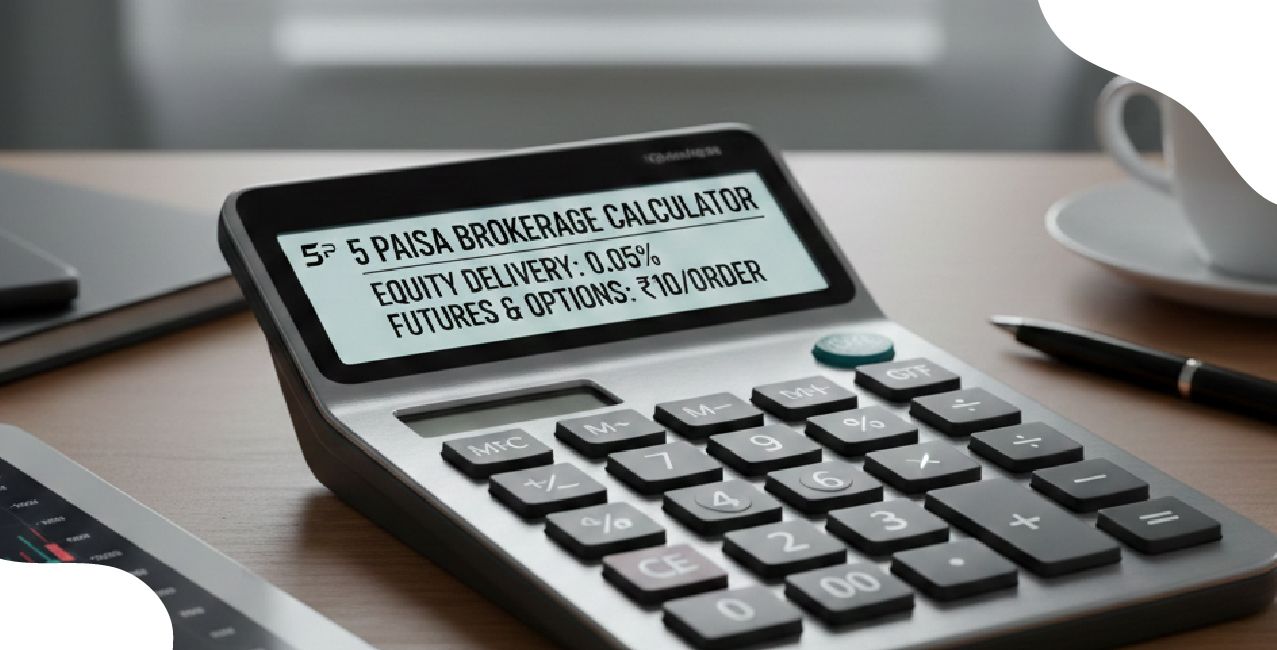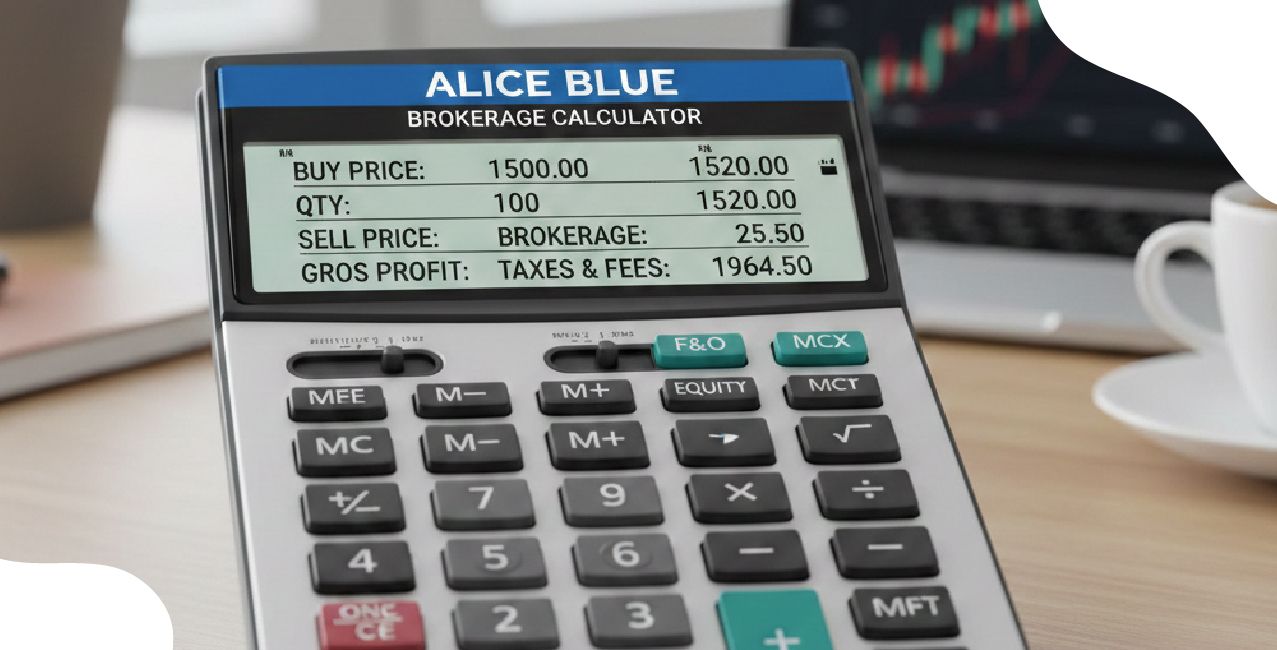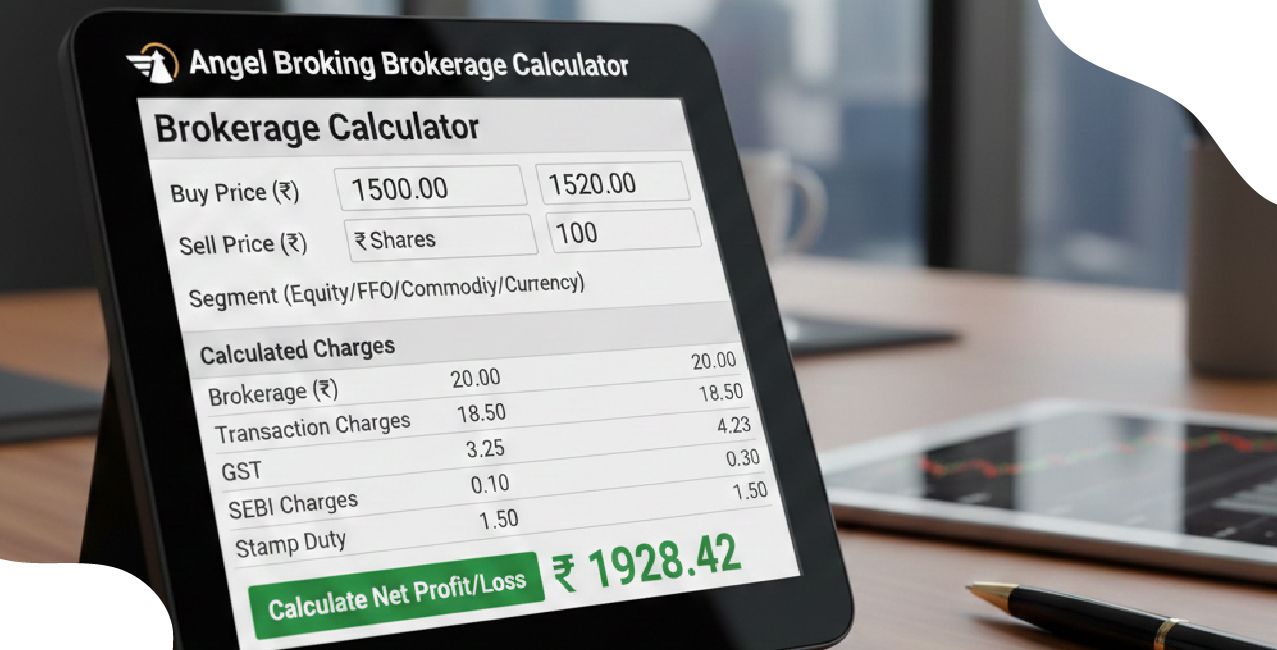Section 194J of Income Tax Act – TDS on Professional Fees Explained
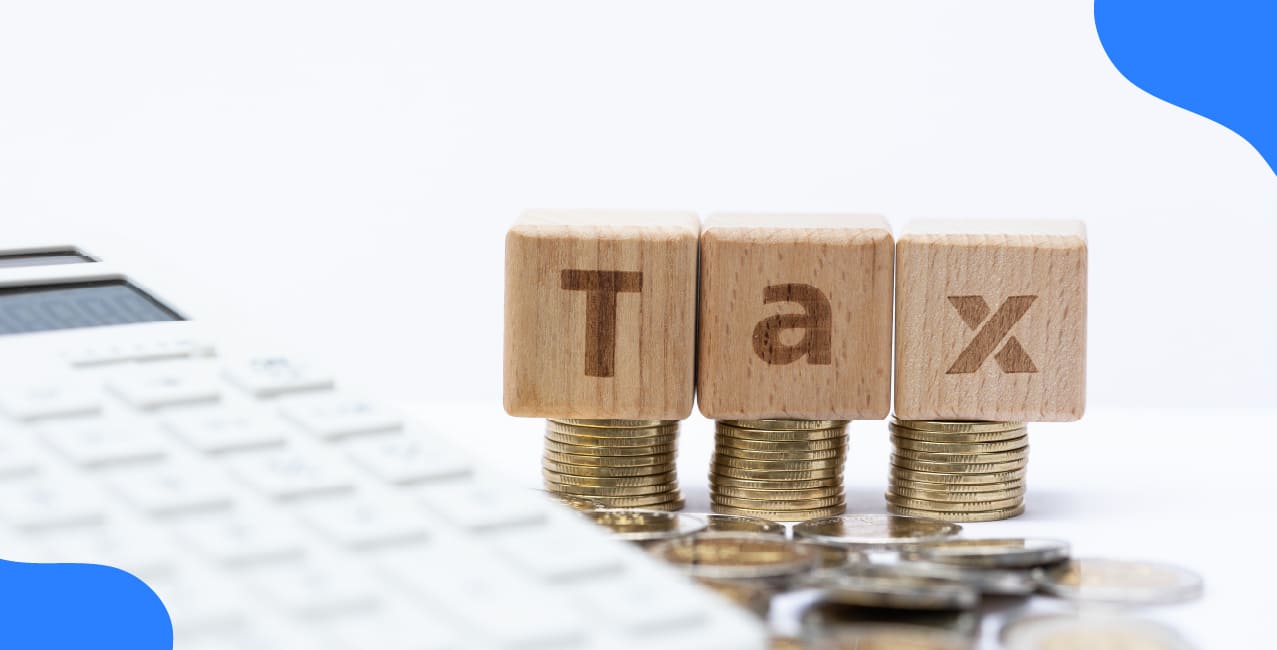
Check Your Loan Eligibility Now
By continuing, you agree to LoansJagat's Credit Report Terms of Use, Terms and Conditions, Privacy Policy, and authorize contact via Call, SMS, Email, or WhatsApp
Key Takeaways
- When you pay a professional or technical worker, you must deduct some tax before payment.
- The tax has a fixed rate and limit set by law.
- Section 194J of the Income Tax Act explains these rules.
Section 194J of the Income Tax Act covers tax deductions on payments made towards professional and technical services. It requires the payer to deduct tax at source (TDS) at prescribed rates if the annual payment exceeds ₹30,000.
For instance, consider Rohan, who hires a consultant for technical services and pays ₹50,000 in a financial year. As per Section 194J of Income Tax Act, he must deduct TDS at 10% before making the payment. If he fails to deduct TDS or the consultant does not provide a PAN, the deduction rate can go as high as 20%. This not only disallows Rohan from claiming the expense as a deduction while computing his taxable income, but also makes him liable for interest on late or non-deduction.
In this blog, we will explore the provisions of Section 194J of Income Tax Act in detail, its applicability, TDS rates, and the implications of non-compliance, along with recent amendments.
Importance of Section 194J of the Income Tax Act
Section 194J of Income Tax Act plays a vital role in ensuring tax compliance on payments made towards professional and technical services. It not only secures timely tax collection for the government but also creates accountability for both payers and recipients of income.
Key Importance:
- Ensures tax is deducted at source on professional and technical service payments.
- Prevents tax evasion by making the payer responsible for the deduction.
- Brings transparency in the reporting of professional and consultancy incomes.
- Helps the government collect tax revenue throughout the year instead of waiting for year-end returns.
- Encourages proper record-keeping and documentation of professional payments.
- Ensures non-compliance has consequences such as disallowance of expenses and interest charges, promoting discipline in tax practices.
Section 194J safeguards the tax system by making tax deduction a shared responsibility and strengthening compliance in professional and technical transactions.
Bonus Tip:-Even if a bill shows fees and expenses separately, tax may still need to be cut on the total amount
Who is Required to Deduct TDS under Section 194J of Income Tax Act?
Section 194J of Income Tax Act makes it mandatory for specific entities to deduct tax at source (TDS) when making payments for professional or technical services to residents. While individuals and Hindu Undivided Families (HUFs) are usually exempt, they must deduct TDS if their accounts are subject to audit under Section 44AB.
Entities required to deduct TDS under Section 194J include:
- Central or state government bodies.
- Municipal corporations or other local governing bodies.
- Government or private corporations.
- Both public and private companies.
- Societies registered under cooperative laws.
- Public or private trusts.
- Universities and educational institutions.
- Societies registered under the Societies Registration Act.
- Partnerships or limited liability partnerships.
- Individuals or HUFs whose accounts are liable for audit under Section 44AB.
TDS under Section 194J of Income Tax Act is a responsibility shared across multiple entities to ensure tax compliance on professional and technical service payments.
When is TDS under Section 194J Not Required?
Normally, Section 194J of Income Tax Act says tax must be cut (TDS) when paying for professional or technical services. But there are some cases where you don’t need to cut taxes.
Cases where TDS is not needed:
- Individuals and families (HUFs): They don’t need to cut taxes. If their business income is very high and comes under audit rules.
- Small payments: If you pay less than ₹30,000 in a year to one person, no tax needs to be cut.
- Payments to foreigners: These are covered by another rule (Section 195), not Section 194J.
- No PAN given: If the person doesn’t give their PAN, tax must be cut at 20%, even if the payment is small.
- Government exemptions: Some payments, like salary or those the government says are free from tax, don’t need TDS under this section.
TDS under Section 194J of Income Tax Act is not needed in small or special cases so that people don’t have to follow extra rules when it’s not necessary.
Bonus Tip:- Payments for professional journals or technical subscriptions may also come under Section 194J
TDS Rates under Section 194J of the Income Tax Act
Section 194J of Income Tax Act prescribes different tax deduction at source (TDS) rates depending on the nature of the payment. These rates ensure that tax is collected fairly from various types of professional and technical transactions.
Applicable TDS Rates:
- Royalty for sales, distribution, or exhibition of cinematographic films: 10%
- Fees for technical services (excluding professional services or film-related royalties): 2%
- Fees for professional services: 10%
- Payments made to call centres: 2%
- When the payee does not provide a PAN: 20%
Section 194J of Income Tax Act ensures clarity in tax deduction by prescribing specific TDS rates for different service categories. It is for creating consistency and transparency in compliance.
Amendments in TDS under Section 194J of Income Tax Act
Over time, some rules in Section 194J of Income Tax Act have been changed to make them easier and fairer. These changes help people understand the difference between simple services and professional services. It makes sure that bigger businesses and professionals follow the rules.
Main Changes:
- Special services: For some services (not counted as professional work), the TDS rate is only 2%. For all other services, the rate stays at 10%.
- Individuals and families (HUFs): They must cut TDS if their last year’s income was more than:
- ₹1,00,00,000 from business, or
- ₹50,00,000 from profession.
- Audit rule: If Section 44AB applies, then the audit limits will decide whether TDS is required.
- Confusion with Section 194C: Many people mix up Section 194C with Section 194J. But only professional or technical services come under Section 194J.
These changes were made to clear confusion, reduce mistakes, and make sure the right tax rules apply for the right type of services.
Conclusion
Section 194J of Income Tax Act is important because it controls how tax is deducted on payments for professional and technical services. It gives clear rules about tax rates, limits, and who must follow them. This makes money matters more transparent and helps stop tax evasion. Recent changes have also made it clearer and reduced confusion with similar rules like Section 194C.
FAQ’s
1. Does Section 194J of Income Tax Act apply to freelancers and consultants?
Yes, if their annual payment from a single client exceeds ₹30,000, the payer must deduct TDS under Section 194J.
2. What happens if TDS under Section 194J of Income Tax Act is not deducted?
The expense may be disallowed as a business deduction, and the payer may have to pay interest and penalties for non-compliance.
3. Can Section 194J apply to payments for online or digital services?
Yes, if such payments qualify as professional or technical services under the Act, they fall within Section 194J.
4. Is there any difference between TDS under Section 194J of Income Tax Act and Section 194C?
Yes, Section 194J covers professional and technical services. While Section 194C applies to contractual work like labour or service contracts.
5. Why is PAN important under Section 194J of Income Tax Act?
If the payee does not provide a PAN, TDS must be deducted at 20%, which is higher than the standard rates.
Other News Pages | |||
About the author

LoansJagat Team
Contributor‘Simplify Finance for Everyone.’ This is the common goal of our team, as we try to explain any topic with relatable examples. From personal to business finance, managing EMIs to becoming debt-free, we do extensive research on each and every parameter, so you don’t have to. Scroll up and have a look at what 15+ years of experience in the BFSI sector looks like.
Subscribe Now
Related Blog Post
Recent Blogs
All Topics
Contents
Quick Apply Loan
Consolidate your debts into one easy EMI.
Takes less than 2 minutes. No paperwork.
10 Lakhs+
Trusted Customers
2000 Cr+
Loans Disbursed
4.7/5
Google Reviews
20+
Banks & NBFCs Offers
Other services mentioned in this article

